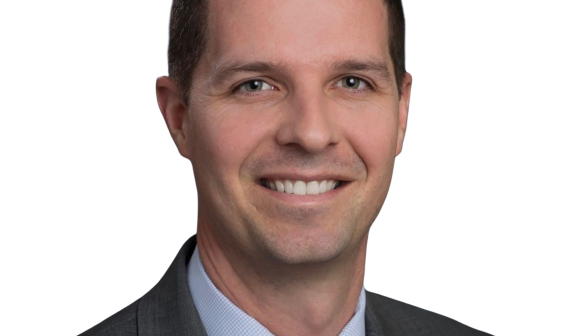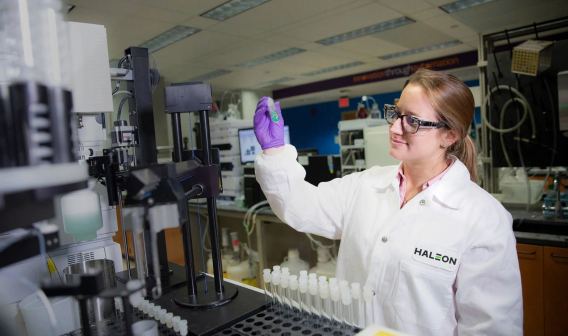
Chandra Briggman is president and CEO of Activation Capital, an independent authority that supports life sciences and advanced technology companies and entrepreneurship in the Richmond area. In this role, she also oversees the VA Bio+Tech Park, a 34-acre life sciences and emerging technologies community in downtown Richmond, as its president. VEDP Interim President and CEO Jason El Koubi spoke with Briggman about her organization’s mission and activities, the pharmaceutical cluster emerging in Richmond and Petersburg, and the nuances of supporting life sciences investment during a global pandemic.
Jason El Koubi: Give us a quick rundown of Activation Capital and the VA Bio+Tech Park. What are the priorities of the two organizations, and how do their missions complement each other?
Chandra Briggman: We are an independent authority of the Commonwealth of Virginia created nearly 30 years ago. Our mission is to help grow life sciences and advanced technology innovation for the Commonwealth. Our focus is on tech-based business formation, growth, and economic development. We do that in several ways, but our focus is on ecosystem development — building and scaling homegrown businesses in Virginia.
We operate an associated nonprofit organization called the Virginia Biotechnology Park Corporation. Activation Capital and the Park corporation operate as one entity, but we do have some lines of separation. Activation Capital focuses on infrastructure (space-making), and the Bio+Tech Park is where all that activity is happening. This is how we generate revenue to support our mission. The nonprofit side of the house deploys programmatic support for entrepreneur, venture, and cluster development. I like to refer to Activation Capital as a public enterprise — a business with a public mission.
El Koubi: Can you talk about the burgeoning life sciences cluster in the Richmond and Petersburg regions and the role that you and your team are playing now, and what’s the vision for the future?




